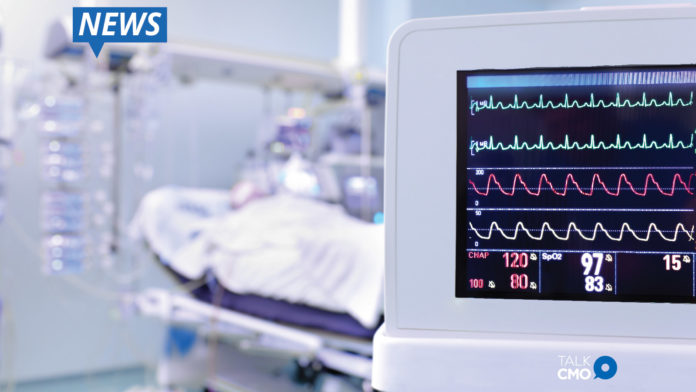Hospitals are inherently noisy environments, with staff members discussing medical details with one another, machines beeping constantly, and the rolling of chairs or stretching across tile floors. Ambulatory care facility development, Simone Health, explains below how hospital soundproofing can benefit patients in a variety of ways and help improve the overall healthcare experience.
- Improves doctor-patient communication: Noisy environments are not only difficult for patients but can be hazardous to the medical procedures staff are attempting to fulfill. Noise pollution can negatively impact the communication streams between medical professionals and patients, as well as between staff themselves, potentially causing more misunderstandings or faulty instructions. On the other hand, reducing noise in medical environments can vastly improve communication between all the involved parties, creating more effective communication streams. Reduced noise pollution means clearer instructions, a peaceful environment for patient-doctor consultations, and fewer staff miscommunications.
- Reduces stress & anxiety: The medical field is a high-pressure environment, but loud noise levels can make it even more stressful for everyone involved. Loud visitor conversations, pagers, machines beeping and buzzing, and even the clanging of metal instruments can bring up the noise levels in healthcare spaces, causing rising levels of patient anxiety and staff member stress. Incorporating more soundproofing and noise-reducing procedures will lower the noise level of the environment, encouraging a more serene and calming atmosphere instead of a loud, hectic one. The difference in noise level can have a significant impact on lowering staff stress and patient anxiety, giving way to better overall patient experience and a healthier work environment.
- Enhances concentration: If you’ve ever been trying to work and keep hearing a never-ending beeping noise, you’d know how difficult it is to concentrate, even with the smallest audible distraction. With medical staff handling life-or-death procedures on the daily, you want their concentration on the patient in front of them, not on a distraction. Ensuring that the medical workspace is free of distracting non-essential conversations and noises gives medical staff the ability to focus on their work intently, lowering the chances of mistakes and anxiety about the procedure. In addition to this, lowering noise levels provides patients with a quieter space to sleep in, so they can concentrate on getting a good night’s rest instead of on the incessant noise around them.







